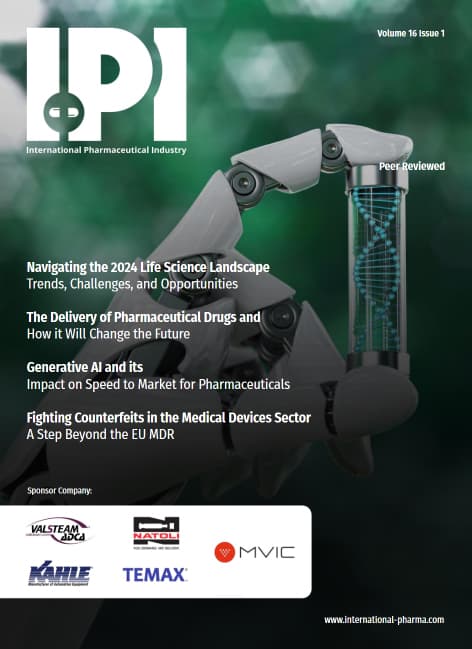The unprecedented stresses and strains of the last year or so have led to large numbers of people suffering from temporary psychosis or, at the very least, experiencing some form of diminished mental wellness. Trying to treat someone in this broken mental state is complex. Dr. Tanja Kromm and Dr. Patrick Mohr at LTS explore the very real benefits alternative dosage forms such as oral thin films and transdermal therapeutic systems bring to the treatment of mental disorders, combining high levels of patient acceptance with effective therapeutic benefit.
Extract:
‘Methods to Reduce the Anxiety of Mental Disorder Medication’
The unprecedented stresses and strains of the last year or so have led to large numbers of people suffering from temporary psychosis or, at the very least, experiencing some form of diminished mental wellness.
Imagine the terrifying prospect of having to daily face hallucinations, delusions, and deeply true, deeply isolating, sadness. Combatting such loneliness, anxiety and desperation must be emotionally and physically exhausting. Particularly when there is no apparent end in sight to these feelings.
Welcome to the very real, life-debilitating world of someone suffering from schizophrenia.
Trying to treat someone in this broken mental state is complex. Will they remember to take a tablet? Will they really accept an injection given the extent of their delusional state?
In the words of one sufferer: “Real people with real feelings get schizophrenia. One should never underestimate the depth of their pain, even though the illness itself may diminish their ability to convey it…. As one of my own patients told me, ‘Whatever this is that I have, I feel like I’m a caterpillar in a cocoon, and I’m never going to get the chance to be a butterfly.”
In this article we will explore the very real benefits alternative dosage forms, such as oral thin films and transdermal therapeutic systems, bring to the treatment of mental disorders, combining high levels of patient acceptance with effective therapeutic benefit.
Every day, in pharmaceutical companies across the world, thousands of people are committed to delivering better patient outcomes.
Often talked about in depersonalised terms, this ’patient’ is the ultimate beneficiary of all manner of workstreams, projects and clinical trials. But how often do we give thought to the reality of the people behind these theoretical patients? Beyond our understanding of their conditions, symptoms and clinical requirements, to what extent do we consider their emotional state, their hopes and fears, and their experience of medical care?
Click the download button below to read the complete version of ‘Methods to Reduce the Anxiety of Mental Disorder Medication’ by Dr. Tanja Kromm and Dr. Patrick Mohr at LTS
























